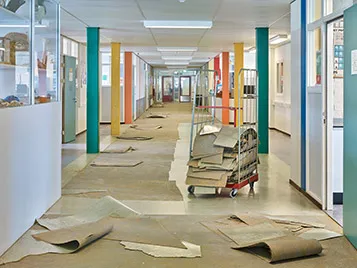Circular by Nature
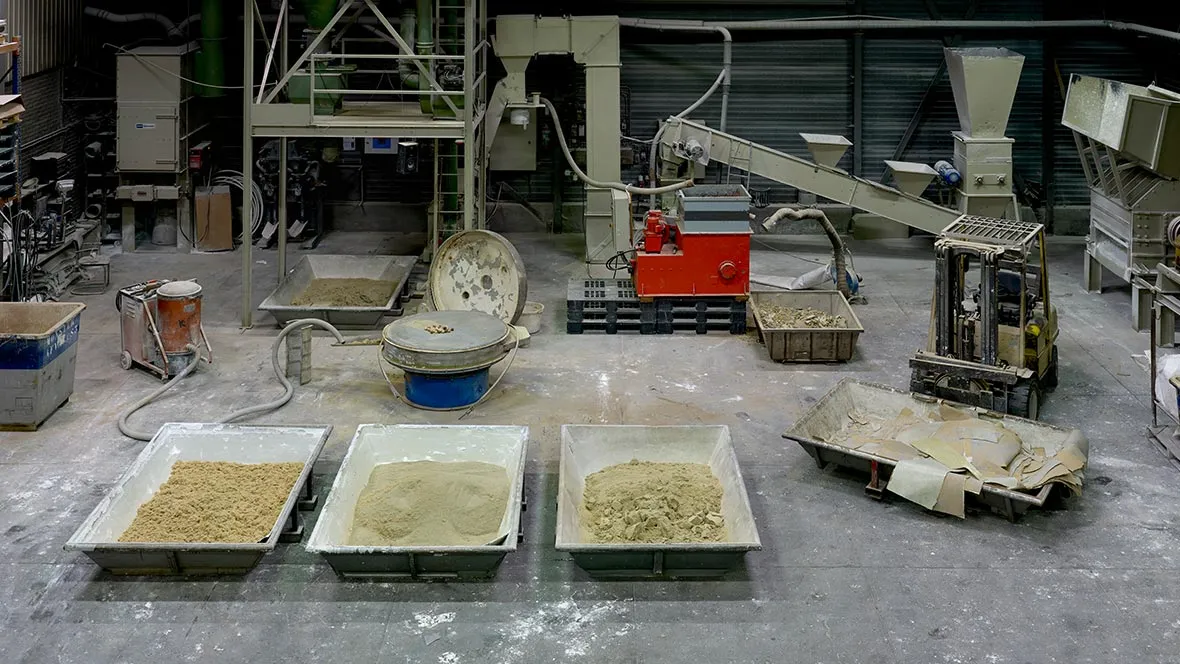
The essence of a circular economy is to preserve natural resources by retaining the quality and value of products and their parts.
For a circular economy the best thing is to prevent waste that is created in the first place. For example, choosing a floor that lasts more then 20 years is preferred to replacing a floor every few years.
If that is not possible it helps to choose a floor that is easy to remove. This gives an opportunity to reuse it somewhere else or makes it easier to recycle.
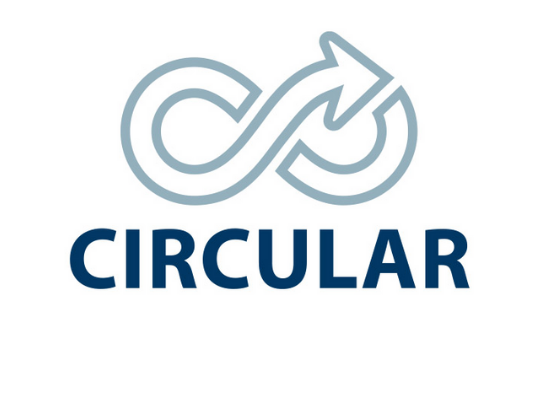
"The path to real carbon neutral buildings is made from Natural Raw Materials, NOT PLASTIC"
In essence a circular economy is one that aims to decouple growth from the consumption of finite resources. Marmoleum is a product that epitomises that aim:
- it has a high content of rapidly renewable materials, these take up CO2 during their growth, thereby helping to reduce global warming
- uses waste from other industries as raw materials, wood flour and cocoa shells
- is produced with renewable electricity
- reuse of waste from own processes minimises dependence upon finite resources, both in materials and energy
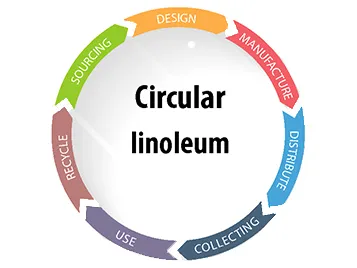
Circular design enables us to develop products that truly incorporate end of life solutions.
It has been shown that one of the biggest inhibitors to recycling flooring is removing adhesives. Therefore, we have developed innovative adhesive-free products, such as Marmoleum Click, and our innovation teams are continuously testing and developing new solutions.
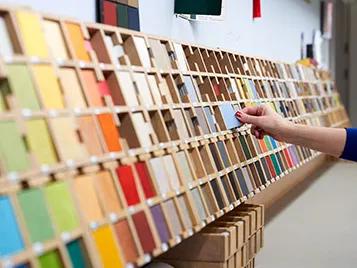
Wherever possible post-industrial wastes are reused back into our Marmoleum products.
Some wastes such as jute and backing papers are given to social enterprises who are able to upcycle them. This builds on our zero waste to landfill and incineration mission.
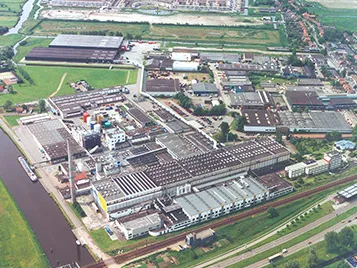
The principles of circularity can be seen in the supply chain - packaging materials, typically paper, wooden pallets and shrink wrap are all recyclable.
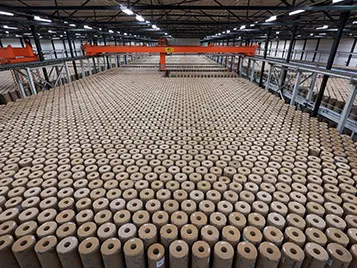
Installation waste is often overlooked, but is a clean source of material that is recyclable.
Forbo has recognised this and developed its ‘Back to the Floor’ scheme - collecting wastes and then recycling them back into new product at our linoleum factories.
This contributes to the 43% reused and recycled content in Marmoleum.
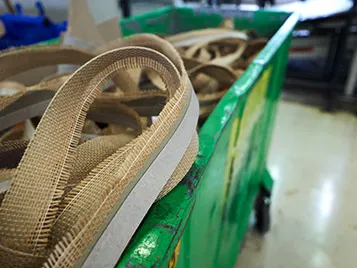
Marmoleum is known for its durability and timeless design and we guarantee this for 10 years. However, due to its natural ingredients, Marmoleum continues to strengthen with age and it has been known to have a life expectancy of more than 40 years!

At the beginning of 2018 Forbo embarked on a collaborative study to evaluate the recycling of post-consumer Marmoleum. Termed ‘Renoleum’, this research work identified opportunities that we can take further, such as Marmoleum being compostable.
